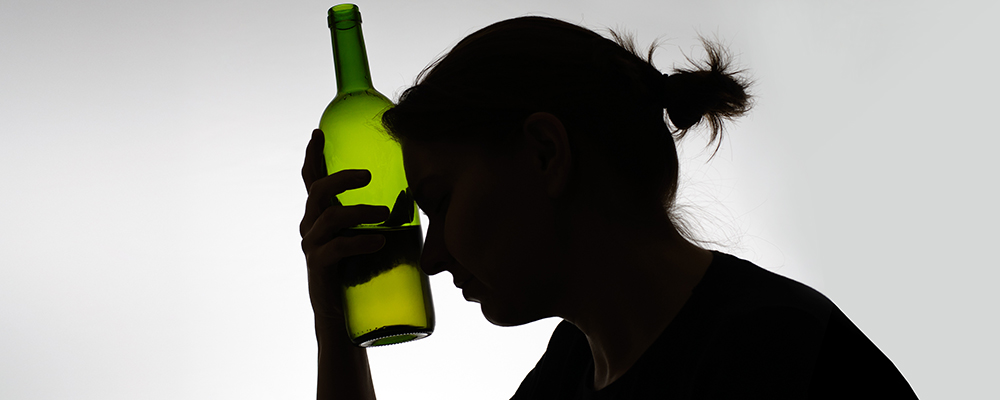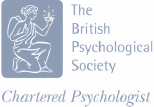Latest Videos | Latest Articles
1. What is an addiction?
There are a range of activities and substances that are available to us all that can become addictive. These are activities that may commonly be engaged in, on a daily basis by a large part of our society. However, for some, these activities become excessive and obsessive in some shape or form. When this happens it tends to give rise to concern among friends and family, as well as significantly spoil the quality of people’s lives. Over time, these excessive behaviours have resulted in the development of expert treatment systems as well as mutual help programmes, partly because many addictions can be costly to the individual, the people around them and whole communities. In reality, anything that is pleasurable can become addictive. This includes the use of alcohol or other substances, eating, gambling, sex, or exercise to mention just a few.
2. Causes, signs and symptoms
The degree of an individual’s involvement with these kinds of activities has multiple interacting determinants. Determinants that play a role in addictions include those that offer incentives and which promote the activity, as well as those that will offer disincentives and restrain the activity. Features of personality and character play a role, as well as socioeconomic, ecological, and cultural factors. It is also widely believed that the availability to engage in these kind of activities as well as the normative influence of friends and family hold some contributing role in the development of an addiction. An addiction can serve multiple functions to the individual that engages with it, including altering or modifying mood, enabling forms of self-expression, and enhancing various forms of self-identity. Culture and history also play a role in the meaning of engaging with an addictive behaviour and there can be a broad difference from country to country, or culture to culture.
3. Diagnosis
To meet the criteria for an addiction diagnosis one must regularly ingest a substance (e.g. such as consuming alcohol or nicotine) or engage in an activity (e.g. such as sex, shopping, gambling) that offers some level of pleasure, but that through continued used/acts, becomes a compulsive behaviour that interferes with ordinary life responsibilities such as health, work or relationships. The individual may not be aware that their behaviour is causing distress or difficulties for themselves or others, or that there behaviour is out of control. Addictions can include both a biological and psychological form, and individuals who are addicted may suffer either a biological or a psychological withdrawal, or both when they try to stop engaging in the addiction. Nearly all addictive behaviour will occur as a result of experiencing emotional distress of some form and this will act as a maintaining factor of the addiction, because it will increase the likelihood of the individual seeking support through unhealthy means.
4. Treatment
Addictions are normally treated with psychotherapy, medication, or both. Choice of treatment depends on the nature of the addiction, the severity of the disorder, and individual choice. Psychologists provide different techniques and therapies. According to the National Institute for Health Care Excellence (NICE) the recommended psychotherapy for addictions includes Cognitive Behavioural Therapy (CBT). This is a type of therapy that focuses on the connection between thoughts, emotions and behaviour and teaches the person new ways of thinking and behaving that may help in reducing their addictive behaviour and emotional distress. This therapeutic approach will focus on identifying triggers for addictive behaviour, reframing situations and developing healthy and constructive coping mechanisms. Addictions can also be treated through the use of medication and your GP will be able to provide you with guidance on what medication would be most appropriate. At present there are a number of medications that are used when treating addictions, and these will depend on the nature of the addiction and the severity of the disorder. Some may need to undergo a detoxification period with the view to stay abstinent, whilst others will aim to remain on medication for an extended period of time. Alongside specialist addiction related medications two types of medications that are commonly used to treat emotional distress are antidepressants and anti-anxiety medications. Some of these medications start working immediately whilst others take several weeks to start working. Common to all medication is that it may cause side effects and some medication should not be taken for prolonged periods of time.










